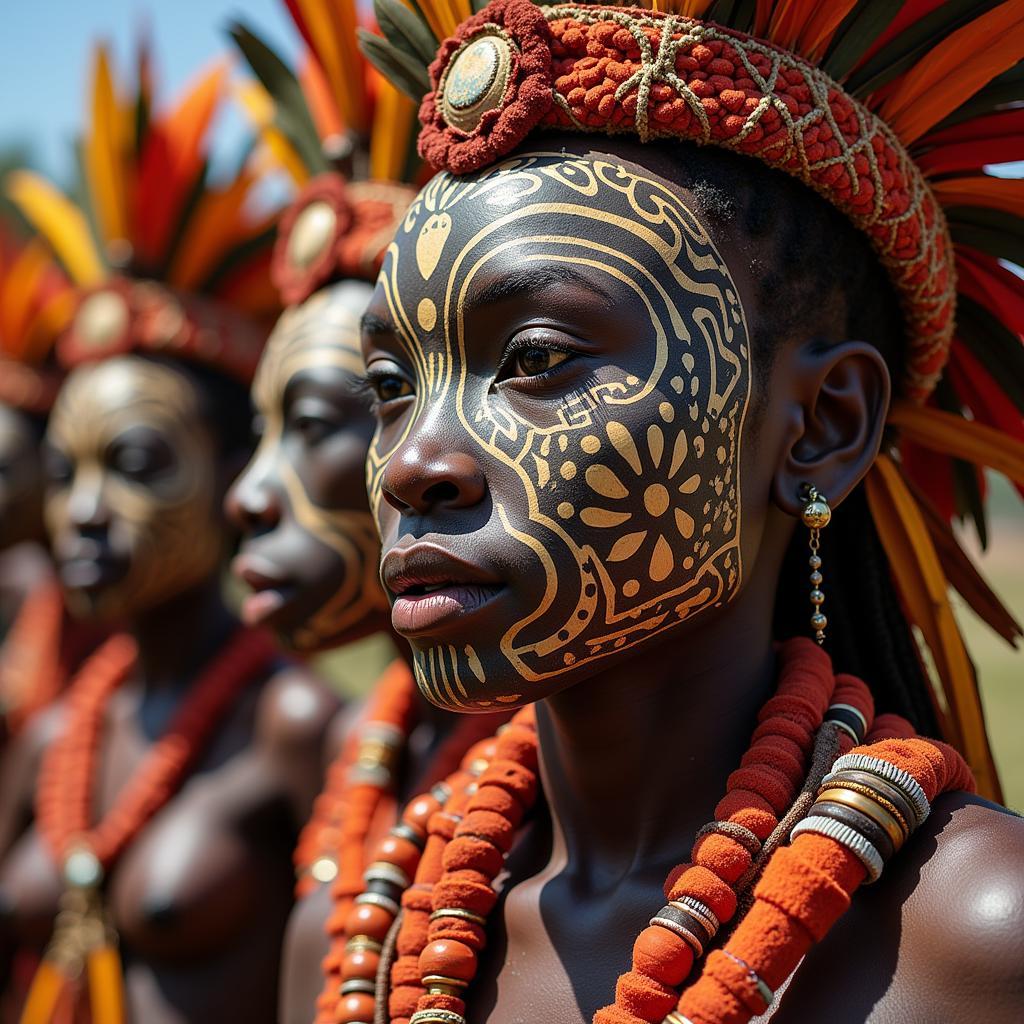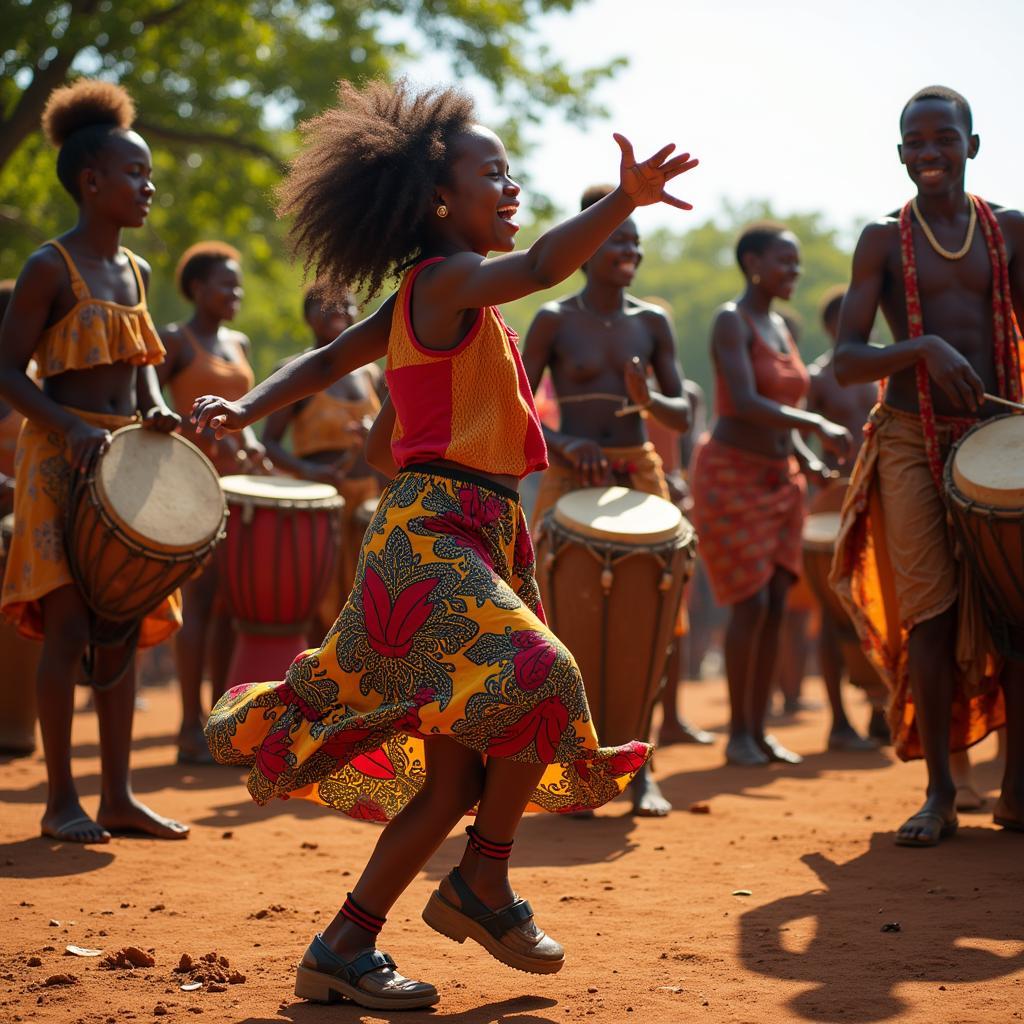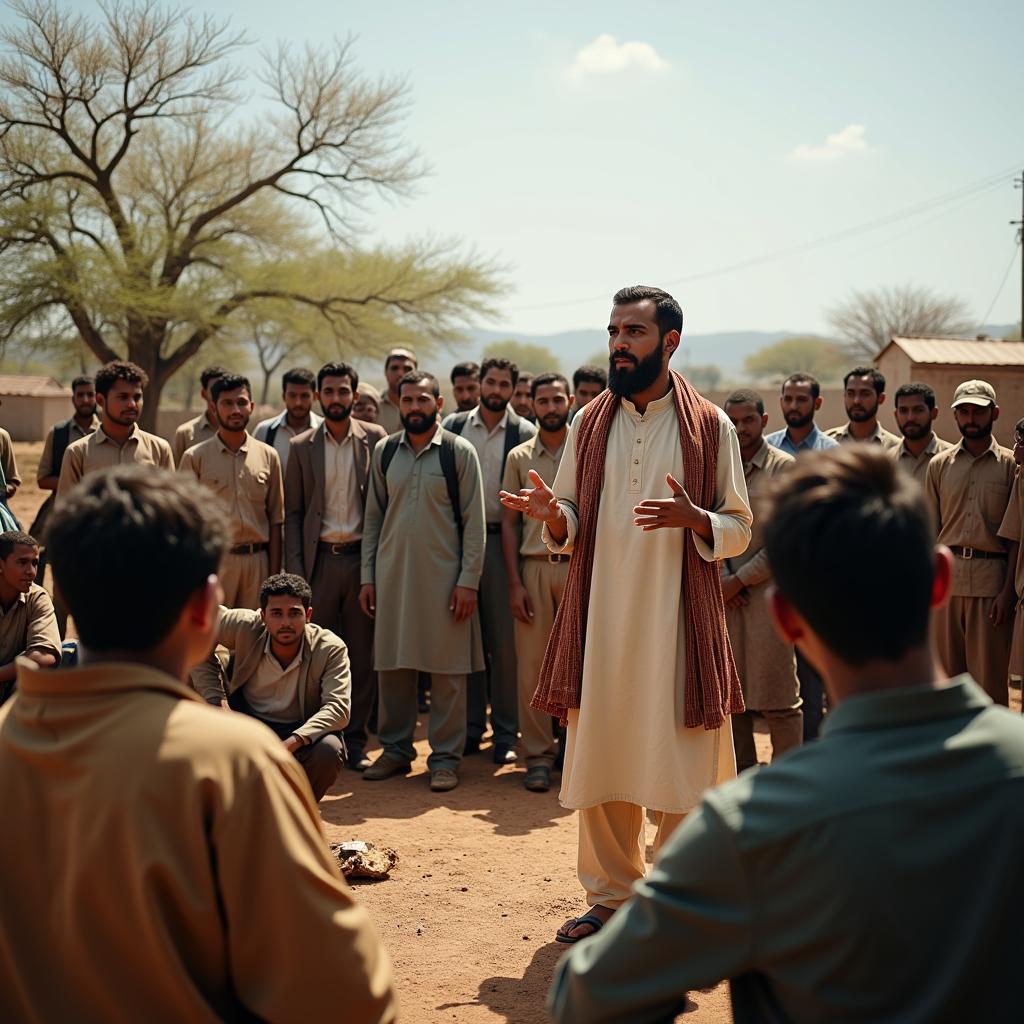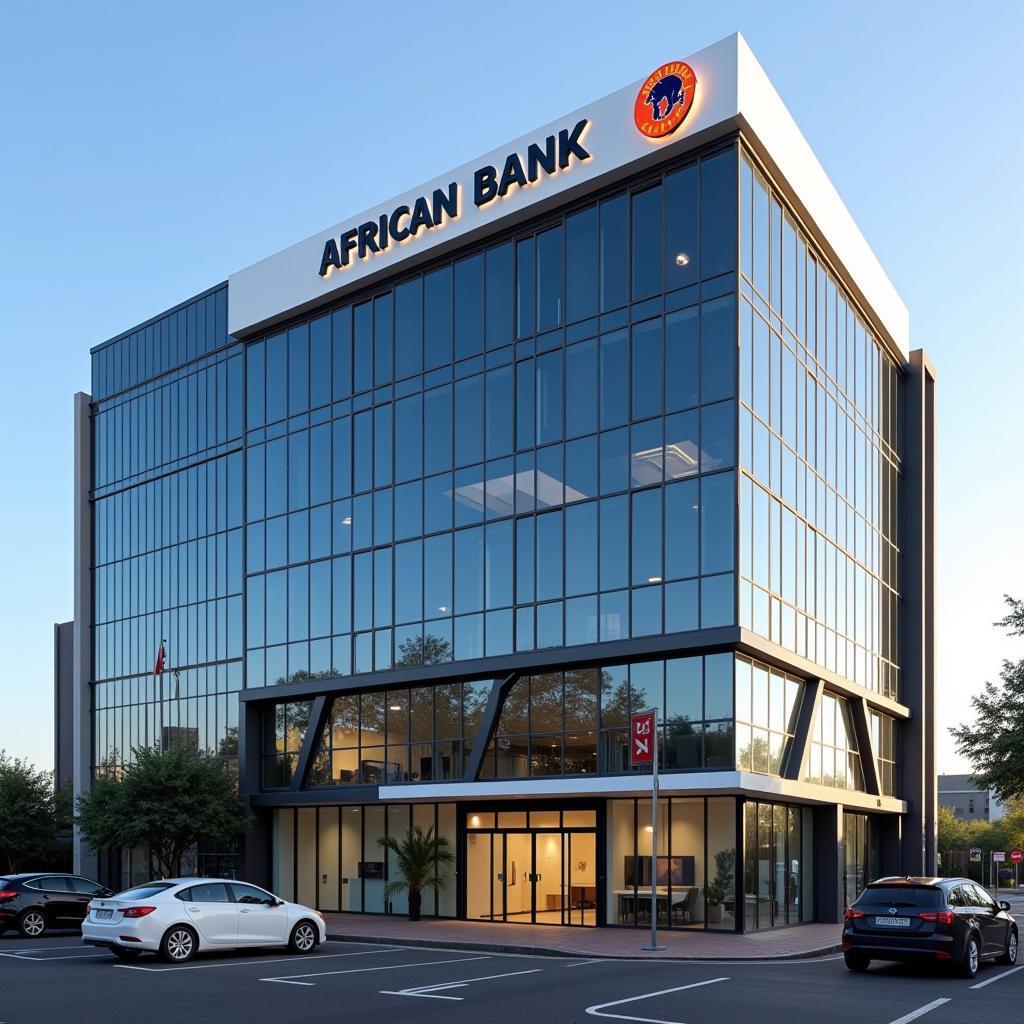Unleashing Laughter: Exploring African American Comedic Monologues
African American Comedic Monologues offer a unique blend of humor, social commentary, and raw storytelling. From the Chitlin’ Circuit to mainstream stages and screens, these performances have evolved, reflecting the changing landscape of African American experiences and providing a platform for diverse voices to be heard. Let’s dive into the rich history and vibrant present of this comedic art form.
A Historical Journey Through Laughter: From Minstrelsy to Modernity
The roots of African American comedic monologues can be traced back to challenging beginnings, including the era of minstrelsy, where blackface performances often perpetuated harmful stereotypes. However, even within these restrictive confines, black performers found ways to inject their own humor and subtly subvert the dominant narrative. The Chitlin’ Circuit, a network of venues safe for Black entertainers during segregation, became a crucial incubator for comedic talent, allowing artists to hone their craft and address issues relevant to their communities. This period marked a vital step towards the development of authentic and unapologetically Black comedic voices.
The Rise of Groundbreaking Voices
The latter half of the 20th century witnessed the emergence of groundbreaking figures like Dick Gregory and Richard Pryor, who used comedy as a powerful tool to address social and political injustices. Their sharp wit and fearless commentary challenged the status quo and paved the way for future generations of comedians. african american stand up Their influence is undeniable, shaping the landscape of not just African American comedy, but stand-up as a whole.
The Evolution of Themes in African American Comedic Monologues
Over time, the themes explored in African American comedic monologues have expanded and diversified. While social commentary remains a core element, these performances now delve into a wider range of topics, from everyday life experiences to family dynamics and cultural nuances. This evolution reflects the changing times and the increasing diversity within the African American community itself.
Finding Humor in the Everyday
Contemporary comedians like Dave Chappelle and Wanda Sykes masterfully weave humor into observations about everyday life, creating relatable and hilarious narratives that resonate with audiences of all backgrounds. Their ability to find the funny in the mundane is a testament to their comedic genius.
Crafting Authentic Voices: The Art of Writing African American Comedic Monologues
What makes African American comedic monologues so compelling is their authenticity. These performances are often deeply personal, drawing on the lived experiences of the comedians. This authenticity allows for a unique connection with the audience, creating a sense of shared understanding and laughter that transcends cultural boundaries.
Where to Find Inspiration
Inspiration for these monologues can be found everywhere, from personal anecdotes to current events. 50 african american audition monologues pdf The key is to find the humor in the ordinary and the extraordinary, and to craft a narrative that is both engaging and thought-provoking.
Conclusion: The Enduring Power of Laughter
African American comedic monologues hold a significant place in the history of comedy and continue to evolve, pushing boundaries and sparking important conversations. From their challenging origins to their vibrant present, these performances offer a powerful blend of humor, social commentary, and authentic storytelling that continues to captivate audiences worldwide.
FAQ
- What are some key characteristics of African American comedic monologues?
- Who are some influential figures in the history of African American comedy?
- How have themes in these monologues evolved over time?
- Where can I find examples of African American comedic monologues?
- What are some resources for aspiring comedians?
- How can I write my own comedic monologue?
- What are some tips for performing a comedic monologue?
Situations:
- Auditions: Actors seeking roles in plays or films.
- Stand-up comedy shows: Comedians performing their original material.
- Open mics: A platform for aspiring comedians to test their material.
- Theatre productions: Monologues used as part of a larger performance.
- Comedy writing classes: Students developing and practicing their writing skills.
Other related articles/questions you might be interested in:
- The history of stand-up comedy.
- The role of comedy in social commentary.
- Techniques for writing effective humor.
- Tips for performing on stage.
- Resources for aspiring actors and comedians.
Need support? Contact us 24/7:
Phone: +255768904061
Email: kaka.mag@gmail.com
Address: Mbarali DC Mawindi, Kangaga, Tanzania.



